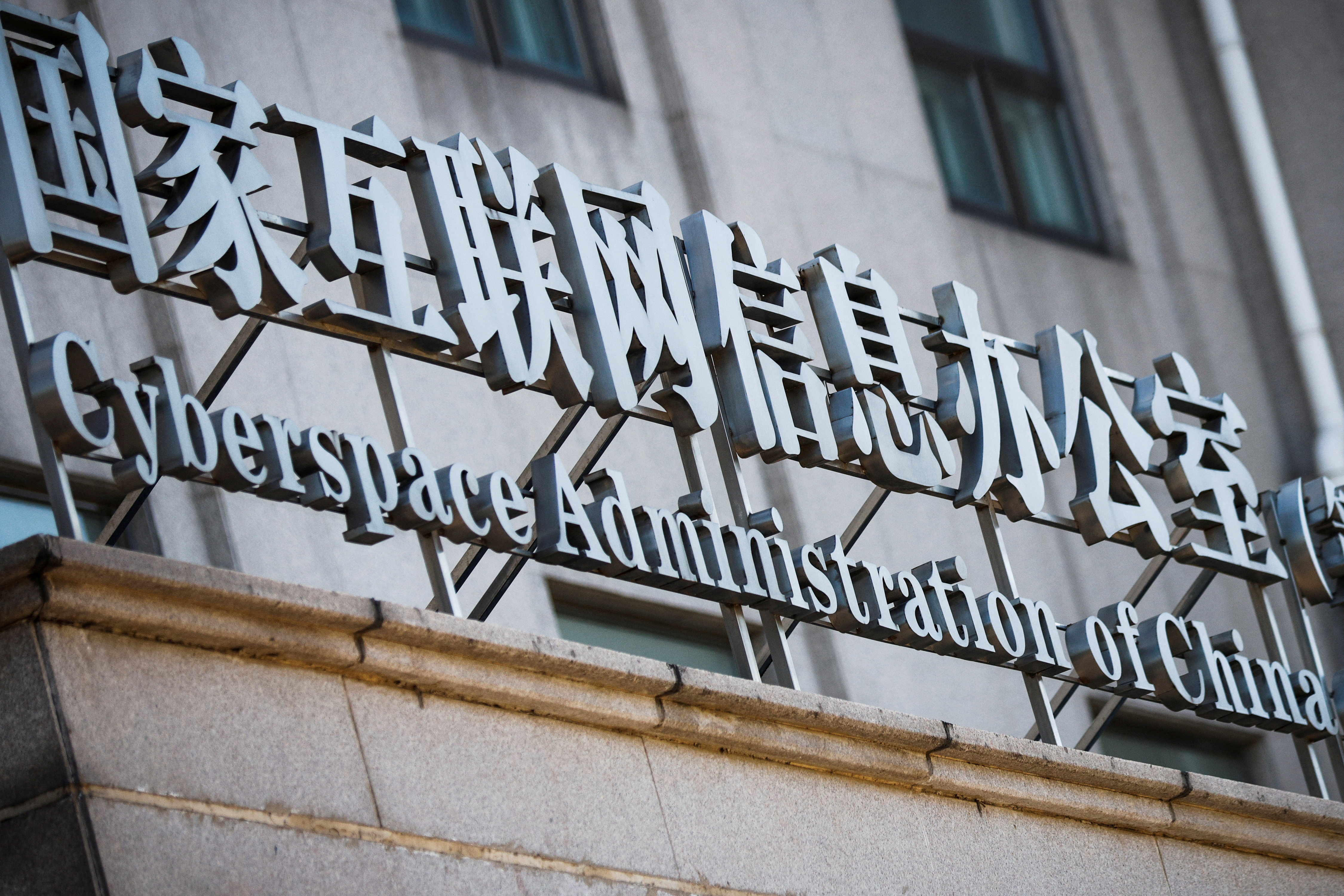China’s online regulator, the online Administration of China (CAC), recently announced a two-month crackdown on alleged misleading information, illegal profiteering, and impersonation of government officials. The CAC revealed that as part of its campaign, it has deleted 1.4 million social media posts. This step is a part of China’s broader initiatives to manage and preserve control over its cyberspace. The bulk of “self-media” accounts on popular WeChat, Douyin, and Weibo accounts in China were the focus of the crackdown.

Credits: Reuters
The Scope of the Crackdown:
The CAC erased hundreds of thousands of posts and shut down 67,000 social media accounts between March 10 and May 22. Nearly 8,000 of the permanently blocked accounts were deemed to be disseminating rumours, false information, and harmful content. Additionally, about 930,000 accounts were subject to less severe penalties including losing followers or having their rights to make money suspended or cancelled.
Impersonation and Misrepresentation:
Combating impersonation and misrepresentation on social media platforms was one of the crackdown’s main goals. The CAC targeted accounts that claimed to be state-run research organisations, news media companies, disease and preventative control centres, and other public agencies. A total of over 25,000 accounts were reported for misrepresenting their military ties by utilising names like “Chinese Red Army Command” and “Chinese Anti-terrorist Force.” Over 430,000 accounts were accused of offering expert advice or educational services without the necessary credentials, and another 187,000 accounts were subject to sanctions for impersonating news media companies.
Impact on Companies:
WeChat, Douyin, and Weibo are just a few of the Chinese social media platforms that are affected by the crackdown on “self-media” accounts. These platforms are currently facing more pressure to impose stronger content control guidelines and make sure that user accounts comply with legal requirements. Account cancellations or other penalties could occur if you don’t follow these rules. These businesses will probably need to devote more resources to monitoring and confirming the veracity of user-generated content if they don’t want to be connected to the spread of false information.
Government Control and Free Speech:
Critics contend that China’s efforts to purge its cyberspace, tighten control over social media accounts, and restrict access to information stifle free speech. People who post or communicate sensitive or critical information about the Communist Party, the government, or the military are regularly detained by the government, and their accounts are censored. The government’s latest assault on “self-media” accounts serves to further highlight its initiatives to keep a tight grip on online narratives and thwart the propagation of opposing ideas. This strategy raises questions regarding the freedom of expression and the accessibility of different viewpoints even while its goal is to counteract disinformation.
Combating Misinformation and Fake News:
Combating the rise of fake news on the internet, which is frequently made possible by AI technologies, is one of the campaign’s main goals. The regulator wants to stop the dissemination of misleading information and improve the reliability of news sources by focusing on accounts that misrepresent news anchors and media organisations. The ability of these procedures to completely eradicate false information is still up for dispute. The sheer amount of information and its quick transmission on social media platforms provide serious obstacles in the fight against fake news.
Conclusion:
The government’s continued attempts to regulate online speech and fight misinformation are highlighted by China’s recent crackdown on “self-media” accounts, which led to the deletion of 1.4 million social media posts. This action highlights issues with free expression and access to different points of view while potentially addressing worries about false news and impersonation. Users should be aware of the restrictions on information transmission in the country’s internet and social media businesses operating in China will need to adjust to stricter content filtering regulations. Future developments in China’s digital environment will be influenced by the difficult balance between control and freedom of speech.











